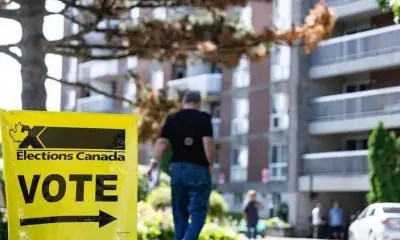European Union countries are expected to agree to limit to nine months the duration of COVID-19 certificates for travel around the bloc, three EU sources told Reuters, but some states are concerned that such a limit could hinder travel.
Separately, the EU executive proposed at an internal meeting with health experts from member states on Thursday to impose PCR tests on all incoming travellers from outside the bloc, two of the sources said, a step prompted by a lack of firm information so far on the risks posed by the Omicron coronavirus variant.
The EU introduced COVID-19 passes in July to facilitate travel for people who are fully vaccinated against coronavirus, have recovered from the disease or have a negative PCR test.
As evidence increased about the waning protection from vaccines, in November the European Commission proposed a nine-month validity limit for COVID-19 passes from the time a person has received two doses (or one in the case of the Johnson & Johnson vaccine).
If applied, such a limit would mean that EU citizens wanting to travel freely – without tests or quarantine – next summer across the bloc would need a booster shot.
One EU official and one EU diplomat said EU governments were expected to reach a consensus on the nine-month limit as early as Friday after a preliminary discussion on Thursday, although one said talks could stretch into next week.
A third diplomat said there was general support for the nine-month limit, but some countries, especially in eastern Europe, were concerned about this denting the travel industry and free movement of people.
EU governments have repeatedly said a common approach is needed to avoid further disruption for the travel industry. However, they have introduced diverging rules.
France set a seven-month limit on the day the Commission proposed it should be nine months. The French rule is to apply from Jan. 15, whereas the Commission has proposed a Jan. 10 start.
A spokesman for the French Embassy at the EU had no immediate comment on the issue.
In Cyprus, the certificate is to last seven months, whereas in Greece it would expire after six months for older people.
EU officials said both countries were willing to change to a common EU limit.
TESTS ON ARRIVAL?
EU health experts also discussed on Thursday a Commission proposal for all travellers from outside the bloc to have to present a negative PCR test, even if vaccinated, two of the sources familiar with the discussions told Reuters. The Commission’s proposal is not public.
Health experts could not reach a consensus on the measure, one of the sources said, but talks were continuing. If agreed, the new measure could also pave the way for the possible lifting of curbs on southern African countries.
In line with many countries across the world, EU members agreed late in November to impose travel curbs on seven southern African nations. The variant, first detected in southern Africa and Hong Kong but now present in dozens of countries, is considered highly infectious.
EU diplomats will discuss the matter again at a meeting on Friday in Brussels.
On Tuesday, EU health ministers were cautious about lifting travel curbs, but the situation is evolving rapidly as new data on Omicron emerges.
(Reporting by Francesco Guarascio @fraguarascio; Editing by Frances Kerry)
Related
































